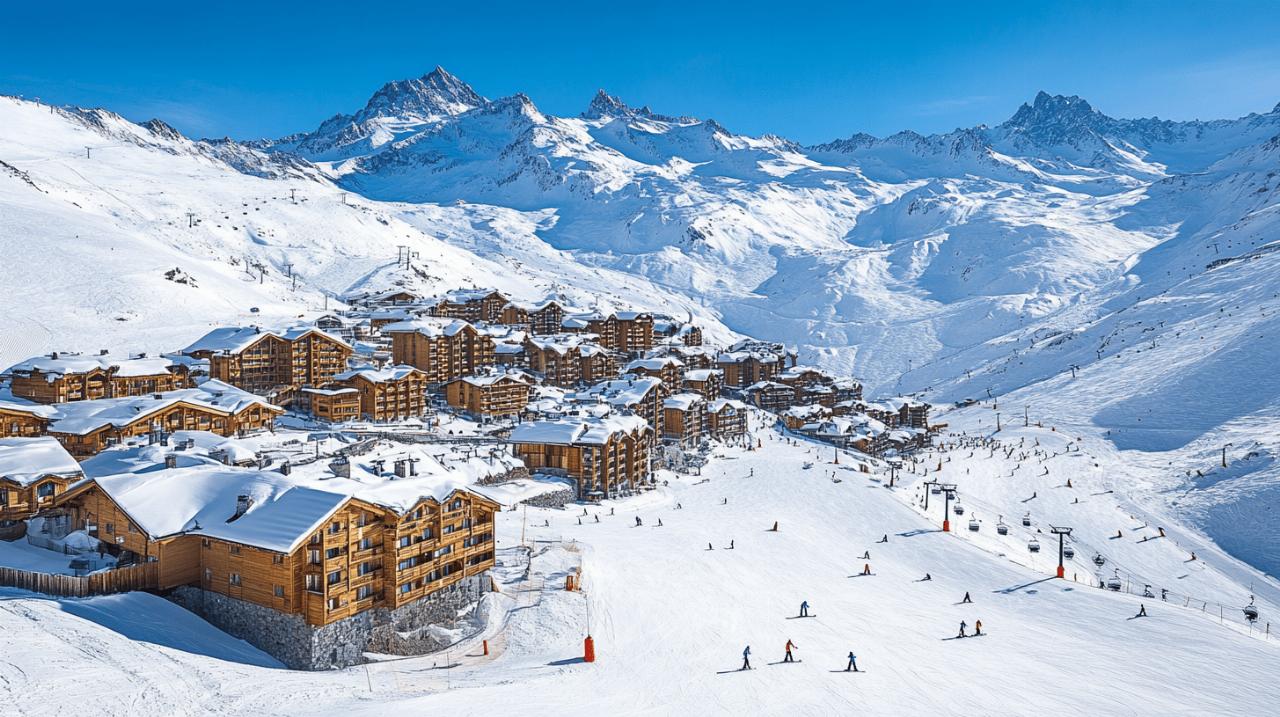The impressive grit of marco haller
Marco Haller, the Austrian cyclist riding for Katusha-Alpecin, has demonstrated remarkable resilience throughout his career, particularly when facing significant physical challenges. His current struggle with a foot injury during the Volta ao Algarve showcases the mental toughness that professional cyclists must possess. Despite the pain and limitations, Haller continues to push through the demanding Portuguese race, refusing to let his injury sideline his competitive spirit.
Battling through pain in portugal
The Volta ao Algarve presents a formidable challenge for even the healthiest competitors, with its varied terrain and gruelling stages testing the limits of endurance. For Haller, navigating these challenges with a foot injury requires exceptional determination. The Portuguese race, known for its steep climbs and technical descents, would be difficult enough without physical impediments. Yet Haller has chosen to persevere rather than withdraw, a testament to his commitment to the sport and his team.
Supporting teammates despite personal setback
Perhaps most impressive is how Haller has maintained his role as a supportive teammate despite his own discomfort. As a key lead-out man for sprinter Marcel Kittel in previous seasons, Haller understands the importance of selfless contribution to team success. This mentality appears to be guiding him through the current competition, as he puts aside personal ambitions to fulfil his responsibilities to fellow riders, embodying true sportsmanship in professional cycling.
Understanding haller's foot injury
While specific details about his current foot injury remain limited, it comes against the backdrop of Haller having previously overcome much more severe physical trauma. His current condition must be viewed within the context of his remarkable recovery from a catastrophic accident in 2018 that nearly ended his career.
The Nature of the Accident
In April 2018, Haller experienced a devastating cycling accident when a car ignored a stop sign and collided with him during a training session in Austria. He was riding with fellow Austrian cyclist Bernhard Eisel when the incident occurred. The crash resulted in multiple fractures to his left knee, including an open fracture of his kneecap and a fractured femur. The 27-year-old required 36 stitches and underwent two separate surgical procedures. Adding insult to injury, his bicycle was completely destroyed in the crash. The accident happened just as Haller was recovering from a viral infection, making it only his second day back on the bike.
Rehabilitation methods during competition
Following the 2018 accident, Haller missed an astonishing 190 days of racing due to his injuries and subsequent complications, which even included appendicitis. His rehabilitation began in Munich after leaving hospital, with no clear timeline for his return to professional competition. The Tour de France that year was certainly out of reach. Yet remarkably, Haller won his first race back at the Bay Crits in January 2019, showing his extraordinary capacity to recover. This history of successful rehabilitation likely informs his current approach to managing injury during the Volta ao Algarve, drawing on hard-earned knowledge about pain management and recovery techniques.
The Challenge of Volta ao Algarve
The Volta ao Algarve represents one of the early-season tests for professional cyclists, with its diverse route presenting multiple challenges. For Haller, these difficulties are magnified by his physical condition, yet he continues to participate with determination.
Navigating demanding terrain while injured
Portugal's southern region features varying landscapes that make the Volta ao Algarve particularly testing. From coastal flats to mountainous climbs, each stage presents unique difficulties for riders. Haller must adapt his riding style to accommodate his injury while still maintaining competitive pace. This likely means adjusting his position on the bike, carefully planning efforts, and implementing pain management strategies throughout each stage. The technical descents would be especially challenging, requiring confidence and bike handling skills that may be compromised when dealing with foot pain.
Mental fortitude required for endurance racing
Beyond the physical aspects, endurance racing demands exceptional mental resilience. Haller must contend not only with physical discomfort but also the psychological challenges of competing below his optimal capacity. Hour after hour in the saddle provides ample time for doubt and frustration to creep in, making his continued participation all the more impressive. The concentration required to safely navigate in the peloton while managing pain demonstrates a level of professionalism that distinguishes top cyclists from amateurs.
Lessons from haller's resilience
 The cycling world has seen many stories of perseverance, from Paolo Bettini and Igor Astarloa making peace after controversy to continue competing at the highest level, to countless riders overcoming crashes to return to the peloton. Haller adds his chapter to this tradition with his current performance at the Volta ao Algarve.
The cycling world has seen many stories of perseverance, from Paolo Bettini and Igor Astarloa making peace after controversy to continue competing at the highest level, to countless riders overcoming crashes to return to the peloton. Haller adds his chapter to this tradition with his current performance at the Volta ao Algarve.
The professional cyclist's approach to injury management
Haller exemplifies the methodical approach professional athletes must take to injury. Rather than attempting to ignore the problem, effective management involves acknowledging limitations while working within them. This might include modified training, specialised treatment between stages, and careful nutrition to support healing. His experience demonstrates that injury management is not merely about physical treatment but incorporating a holistic approach that considers race strategy, team responsibilities, and long-term career implications.
What's next for haller's recovery journey
As the Volta ao Algarve progresses, Haller will need to continually assess his condition and recovery. The experience gained during his comeback from the 2018 accident will undoubtedly inform his approach. Having previously expressed disappointment about car drivers' behaviour towards cyclists following his serious crash, Haller brings a perspective that extends beyond competition to advocacy for cyclist safety. His journey through recovery and back to competitive cycling serves as inspiration for professionals and amateurs alike, demonstrating that setbacks, while significant, need not define an athlete's career.
Tracing marco haller's professional journey
Austrian cyclist Marco Haller has shown remarkable resilience throughout his professional career, particularly following a devastating accident in 2018. While training in Austria alongside fellow countryman Bernhard Eisel, Haller was struck by a car that ignored a stop sign. This crash resulted in severe injuries including multiple fractures to his left knee, an open fracture of his kneecap, and a fractured femur. The 27-year-old Katusha-Alpecin rider required 36 stitches and underwent two surgeries as part of his treatment. His bike was completely destroyed in the collision, but the physical toll on Haller was far more significant.
The accident came at a particularly unfortunate time, as Haller was just recovering from a viral infection and was only on his second day back on the bike. The injuries forced him to miss 190 days of racing, including the prestigious Tour de France where he would have played a vital role. Beyond the physical challenges, Haller expressed disappointment about car drivers' behaviour towards cyclists, highlighting the dangers professional riders face during training. After being discharged from hospital, Haller began an intensive rehabilitation programme in Munich, though at the time, no specific date was set for his return to competitive racing.
From katusha-alpecin to current team dynamics
Marco Haller established himself as a valued member of the Katusha-Alpecin squad before his accident. His role within the team was particularly crucial as a key lead-out man for sprinter Marcel Kittel. This position requires exceptional tactical awareness, precise timing, and tremendous physical power to place the team's sprinter in the optimal position for stage finishes. The accident in 2018 not only affected Haller personally but also disrupted the team's dynamics, particularly in sprint stages where his absence would have been keenly felt.
The road to recovery proved challenging yet rewarding for Haller. After 190 days away from competition due to his injuries and subsequent complications, including appendicitis, he made a triumphant return to professional cycling. In a testament to his determination and physical conditioning, Haller claimed victory in his first race back at the Bay Crits in January 2019. This win symbolised not just a personal comeback but also demonstrated his ability to return to the highest levels of the sport despite suffering injuries that might have ended the careers of less determined athletes.
Notable career achievements alongside marcel kittel
Throughout his career, Marco Haller has built a reputation as one of the most reliable lead-out specialists in professional cycling. His partnership with Marcel Kittel at Katusha-Alpecin represented a significant chapter in his career development. As Kittel's trusted lead-out man, Haller played an instrumental role in positioning the German sprinter for victories across numerous races. This specialised role requires both selflessness and supreme skill, as lead-out riders must expend their energy at precisely the right moment to launch their sprinter toward the finish line.
Haller's value extends beyond his lead-out capabilities. His ability to recover from catastrophic injuries and return to winning form speaks volumes about his physical resilience and mental fortitude. While many cyclists might never fully recover from the kind of trauma Haller experienced in 2018, his determination saw him not only return to the professional peloton but continue to perform at elite levels. His story of rehabilitation following the car crash stands as an inspiration within the professional cycling community and illustrates the extraordinary commitment required to overcome serious setbacks in a sport that demands peak physical condition.







